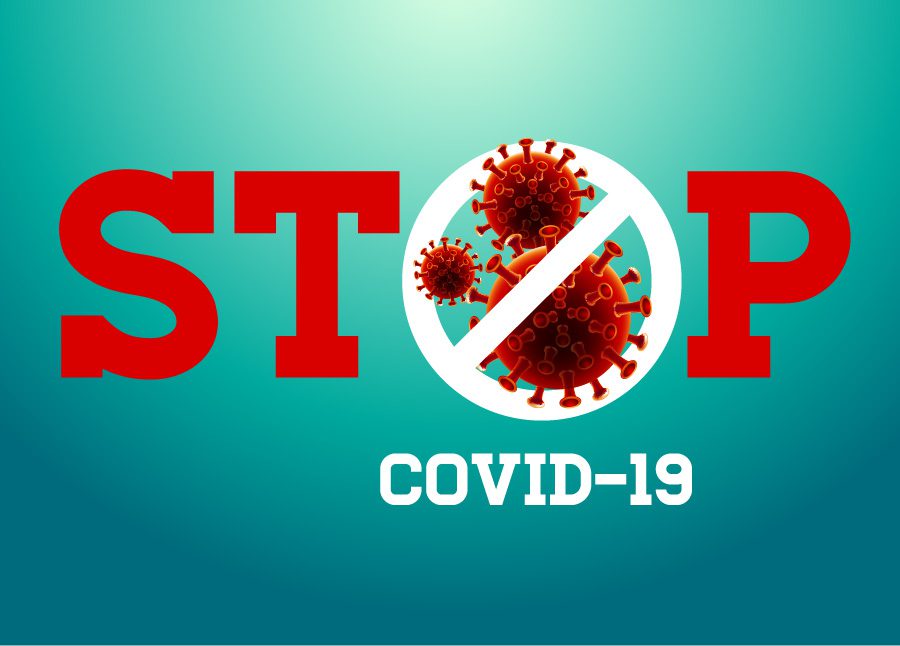Introduction
The COVID-19 virus (previously referred to as Novel Coronavirus) is now at the World Health Organization (WHO) defined ‘Pandemic’ stage and its human and economic impacts are proving to be extreme. This Risk Bulletin No. 25 aims to assist MM members, their ship managers and masters by updating the advice contained in MM’s RB No. 23. It highlights current shipboard specific COVID-19 information and loss prevention guidance as provided by International Chamber of Shipping (ICS), IMO and WHO dedicated web pages and publications.
Background
Ships provide natural crew isolation and protection from disease when they are at sea. This scenario changes immediately on arrival in or off a port when service personnel, stevedores, passengers and others come on board and crew changes take place. If any of the people boarding are COVID-19 carriers – and they may well be asymptomatic- then the crew’s health and the ship’s security will be seriously impacted. The shipboard Guidance publications listed and described below provide the most recent COVID-19 protective and control advice from the world’s principal shipping and health organisations.
ICS Guidance
The ICS is a dedicated shipowner representative organisation which works closely with the WHO, IMO, ILO and other organisations. The ICS have produced a comprehensive Guidance for Ship Operators for the Protection of the Health of Seafarers which was published on 3 March 2020. As stated by the ICS, its purpose is to “…help shipping companies follow advice provided by United Nations agencies including the World Health Organization (WHO), the International Maritime Organization (IMO) and the International Labour Organization (ILO), as well as the European Centre for Disease Prevention and Control (ECDC)”.
Consisting of 23 pages, the ICS Guidance contains detailed advice which includes protection from COVID 19, suspected infections, hygiene measures, disembarkation of suspected or confirmed cases, cleaning, disinfection and waste management and more. It also includes links to four very useful COVID 19 colour posters for printing out and posting on board, both throughout the accommodation area and at the ship’s gangway.
WHO Guidance
The WHO is the world’s global health practices advisor and coordinator. Following the SARS, MERS and Ebola epidemics, the WHO published the Handbook for Management of Public Health Events on Board Ships in 2016. The WHO Handbook is referred to in the ICS Guidance. As stated by the WHO, “The purpose of this handbook is to assist competent authorities at the local level to manage potentially internationally significant public health events at ports… This advice can be also useful to …shipping companies, ship masters, officers and crew”.
Running to 84 pages, the WHO Handbook is very much focused on risk assessment and control and does not cover medical care and treatment. It may therefore be considered as being supplementary to the operational advice contained in the ICS Guidance referred to above.
A COVID -19 specific update to the WHO Handbook, titled as Interim Guidance on Operational Considerations for Managing COVID-19 Cases/Outbreaks on Board Ships, was published on 24 Feb 2020. Consisting of 12 pages, it is very much focused on passenger ships and passenger infection detection and control. However, it also provides useful advice on COVID-19 mandatory reporting by the master together with a number of WHO links relating to cleaning and disinfection and on board/home care for patients. It may therefore be considered as useful to the managers and masters of all ship types in international trade.
The WHO website also supports and maintains a COVID-19 data page which provides daily updates of COVID-19 infection numbers and locations around the world.
IMO Guidance
The IMO have issued a number of COVID-19 related Circulars. Their content endorses the application of the ICS Guidance and the WHO Handbook and Interim Guidance update as referred to above. The IMO Circulars may be accessed at the IMO COVID-19 webpage. These Circulars also include the IMO’s advice to national port and flag state authorities that they should adopt a helpful and pragmatic approach to facilitating COVID-19 crises travel by seafarers and any necessary revalidation of their certificates of competency.
It should also be noted that the ILO (International Labour Organisation) has communicated their concern to the IMO that IMO member states be reminded that the proper care and medical treatment for seafarers, who may be exposed to or suffering from COVID -19, is a regulatory obligation imposed on shipowners by the MLC (Maritime Labour Convention).
Conclusion and Takeaway
At this point in time, vigilance in maintaining strict shipboard hygiene regimes and the maintenance of ‘social distancing’ of at least 1.5 metres between crew and all shipboard visitors must be a priority. If cases of shipboard COVID-19 infection are detected or suspected, then the persons involved must be isolated and urgent medical advice obtained. The ICS, WHO and IMO webpages listed and described above provide detailed guidance on how both protective and control measures can be best accomplished.
MM recommends to its members that this Risk Bulletin be downloaded in PDF format. It should then be sent to your ship managers and all of the vessels in your fleet, together with a covering instruction which requires the immediate implementation of all of the relevant protective and control measures described in the aforementioned ICS, WHO and IMO COVID-19 Guidance publications. Your pro-active support will help to keep your crews healthy and your ships moving.


